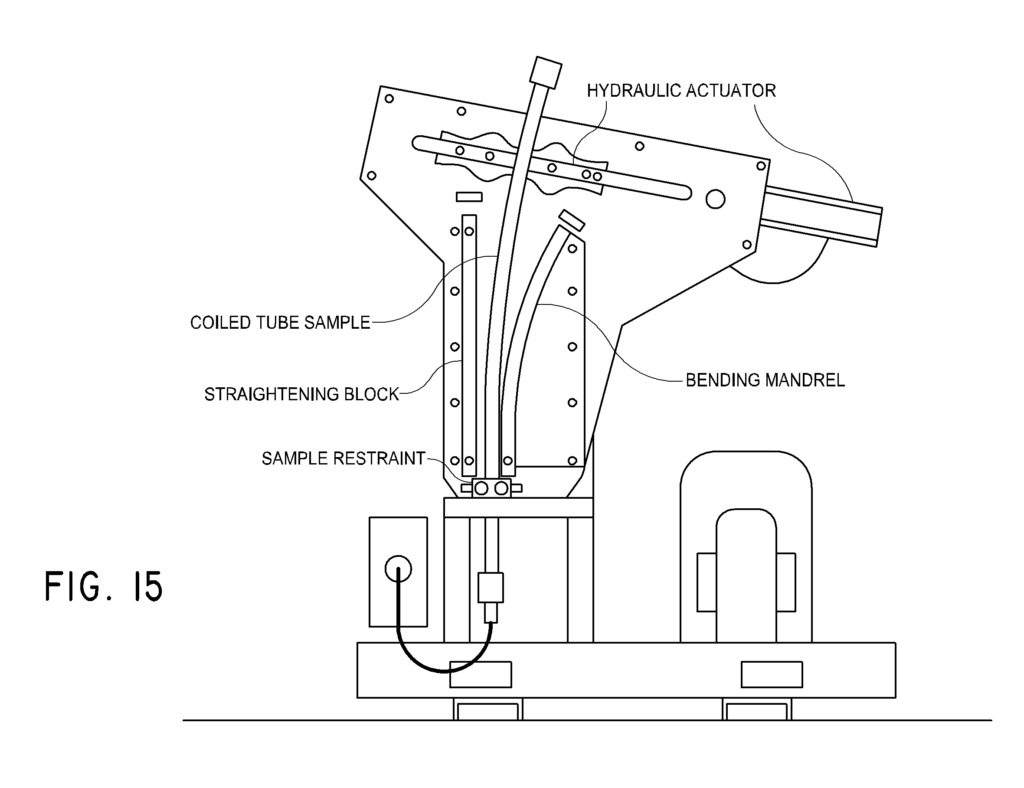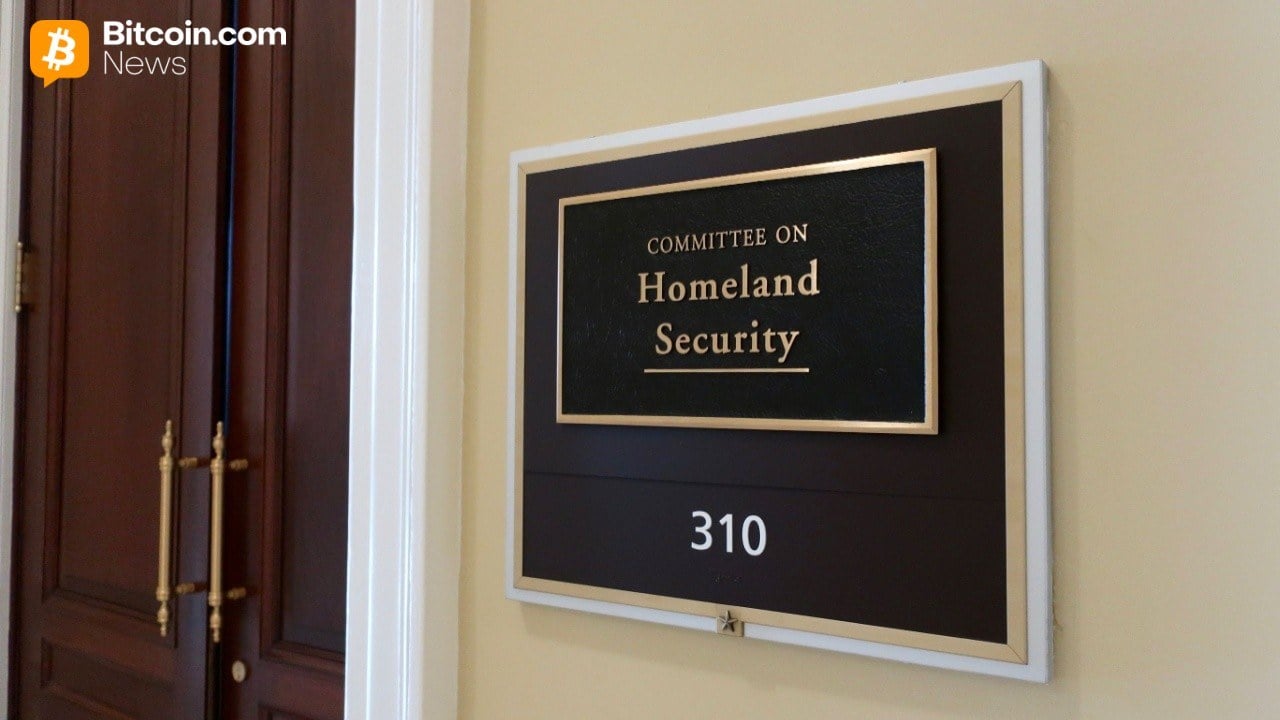On a regular basis various “experts” in the field of economics make comments on the state of the “economy.” For instance, they report that the “economy” grew by such and such percentage, or that the widening in the trade account deficit threatens the “economy.” According to commentators, the “economy” produces goods and services, called total national output. Once the output is produced, what is then required is its distribution among individuals in the fairest way.
But is it valid to hold that goods and services are produced by the “economy”? Is there such a thing as the total national output that should be distributed? What do commentators mean by the term “economy”? Does such an entity actually exist?
In an unhampered market, goods and services are not produced in totality and supervised by one supreme commander. Every individual is preoccupied with his own production and consumption of goods and services. Consequently, in the free environment, the term total output is misleading. By lumping together the values of final goods and services, government statisticians concretize the idea of the “economy” by means of the GDP statistic and other economic indicators. It would appear that once the “economy” is concretized by various economic indicators, policymakers could navigate the “economy” along the growth path that is considered desirable by “experts.”
Once expressed in terms of various economic indicators, such as the GDP statistic, the “economy” is expected to follow the path of growth outlined by government planners. Thus, whenever the growth rate slips below the outlined path, government and central bank policymakers are expected to give the “economy” a suitable push via fiscal and monetary policies. Occasionally though, government officials also warn citizens that the “economy” has become overheated (i.e., it is “growing” too fast). In this case, government and central bank officials declare that it is their duty to prevent “overheating.”
It must be realized that, at no stage, does the so-called “economy” have a life of its own, independent from individuals and their choices. Furthermore, it is not possible to establish the total real output given that we cannot arithmetically add potatoes to tomatoes. Even government statisticians admit that the whole thing is not real. According to J. Steven Landefeld and Robert P. Parker from the Bureau of Economic Analysis,
In particular, it is important to recognize that real GDP is an analytic concept. Despite the name, real GDP is not “real” in the sense that it can, even in principle, be observed or collected directly, in the same sense that current-dollar GDP cannot in principle be observed or collected as the sum of actual spending on final goods and services in the economy. Quantities of apples and oranges can in principle be collected, but they cannot be added to obtain the total quantity of “fruit” output in the economy.
This, in turn, means that various macroeconomic indicators compiled by government statisticians are detached from the real world. Consequently, various policies to influence the non-existent entity—the “economy”—via fictitious indicators inflict damage to the well-being of individuals.
The “Hampered” Environment and Macroeconomic Data
To succeed in a hampered market environment, entrepreneurs tend to respond to the prevailing conditions, which are influenced by central bank and government policies. A businessperson cannot afford to ignore changes in various economic indicators such as GDP given that government and central bank officials react to changes in these indicators in terms of fiscal and monetary policies. For instance, if the central bank is expected to tighten its monetary stance in response to a strengthening in the GDP, a businessperson must take this into account in order to succeed in his business.
In a hampered environment, businesspersons are forced to interpret various economic indicators in terms of how authorities are likely to respond to these indicators and how this response will affect their business environment in the months ahead. The government—in order to construct various economic indicators—collects data from businesses who must allocate resources to supply the government with information. The construction of these economic indicators generates employment opportunities for economists and experts in fields such as mathematics and statistics. These experts are employed, not only to compile the various economic data, but they are also employed to interpret the data and provide guidance to businesses. According to Rothbard,
The individual consumer, in his daily rounds, has little need of statistics; through advertising, through the information of friends, and through his own experience, he finds out what is going on in the markets around him. The same is true of the business firm. The businessman must also size up his particular market, determine the prices he has to pay for what he buys and charge for what he sells, engage in cost accounting to estimate his costs, and so on.
Do these constructed statistics about the “economy” help entrepreneurs in a free market?
In a free market environment—free of government and central bank interference—it would not make much sense to construct and publish various economic indicators. This type of information would be of little use to entrepreneurs. In a free market, what possible use can an entrepreneur make out of information regarding the growth rate of gross domestic product (GDP)? How can the information that GDP increased by some percentage help an entrepreneur to succeed in his business? Alternatively, what possible use can be made out of the data showing that the national balance of payments has moved into a deficit or a surplus?
In a free market economy, for a businessperson to be successful he or she must obey the wishes of consumers. Paying attention to consumers’ wishes means that entrepreneurs must establish the most suitable production structure for that purpose. The information regarding the various macroeconomic indicators would be of little use to entrepreneurs. What an entrepreneur requires is not general macro-information, but rather specific information about consumer demand for a product or a range of products. Government macro indicators will not be of much help to entrepreneurs.
The entrepreneur has to establish his own network of information concerning a particular venture. Only an entrepreneur is likely to know the type of information he requires in order to succeed in the venture. If a businessperson’s assessment of consumers’ demand is correct, then he will make a profit. An incorrect assessment will result in a loss. The profit-and-loss system penalizes those businesses that have misjudged consumer priorities and rewards those who have exercised a correct appraisal. The profit-and-loss framework makes sure that resources are withdrawn from those entrepreneurs who fail to pay attention to consumer demands. According to Mises, “Thus, profit and loss are generated by success or failure in adjusting the course of production activities to the most urgent demand of the consumers.”
Conclusion
Macroeconomic data compiled by government statisticians enables them to make the fiction, called the “economy,” real. This supposedly makes it possible for government and central bank officials to expertly guide the so-called “economy” towards stable growth. As a rule, this navigation culminates in economic instability, price inflation, the boom-bust cycle menace, and a weakening in the process of wealth generation.


























